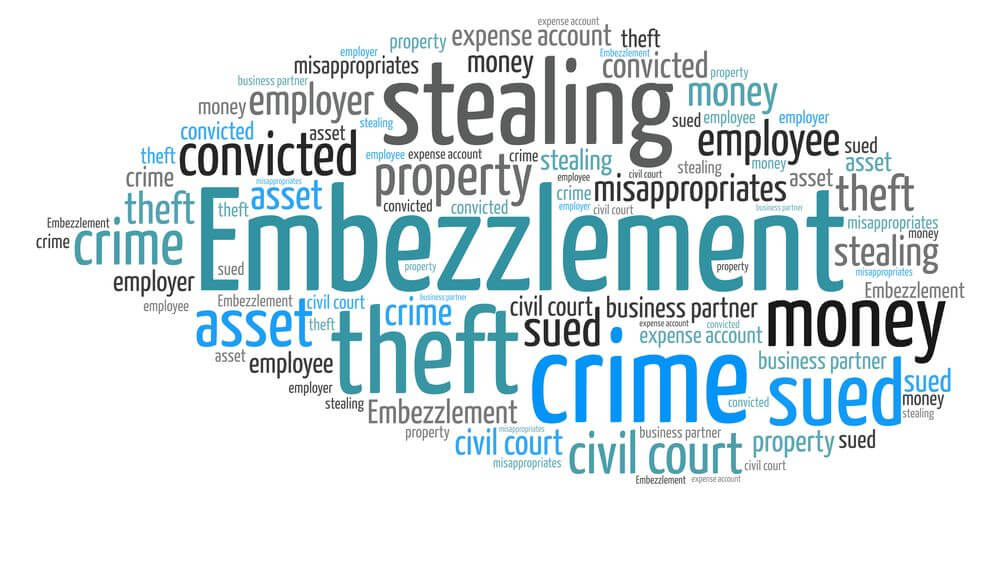More workers are committing fraud and just plain stealing from their employers to make ends meet
EMPLOYEE theft has jumped by 19 percent as the rising cost of living triggers a wave of workplace crime.
Recent crimes include a £150,000 theft by a group of employees at a food manufacturer and a £50,000 fraud by the finance manager of a double-glazing firm.

National figures reveal almost 6,000 workers were caught stealing from their employer in 2022 — nearly 500 incidents each month. The analysis was carried out by insurer Zurich UK based on Freedom of Information data from 43 police forces in England and Wales.
London’s Metropolitan Police saw the highest number of employee thefts, with 874 incidents last year, while the City of London saw the fewest, at 18. The biggest increase in thefts occurred in Lincolnshire, up from 40 to 71 incidents, a rise of 44 percent.
The highest rate of employee theft was recorded in Northamptonshire, with 43 incidents per 100,000 people; the lowest was found in Dorset.
Employee theft ranges from petty pilfering of office supplies to the theft of data and embezzlement of company funds.
Rose Sutton, a senior Speciality Lines claims expert, believes the rising cost of living could be behind the trend. “The consequences of employee theft can be devastating for companies,” she says, “resulting in reduced profits, lower staff morale and, in extreme cases, bankruptcy.”
Firms are advised to reduce the risk by implementing robust payment controls, regular audits, and providing a positive work culture.
Zurich has also seen an increase in claims for social engineering, where fraudsters manipulate employees into making payments or handing over bank details and passwords. In some cases, criminals hacked a senior employee’s email and sent urgent payment instructions with fraudulent bank details to other staff members and external parties, a practice known as “whaling”.
Zurich cyber-risk expert Arunava Banerjee warns that fraudsters are using increasingly sophisticated techniques to elicit sensitive information.
“These tactics can sometimes be difficult to detect, making it crucial that employers have robust security measures in place.”




























